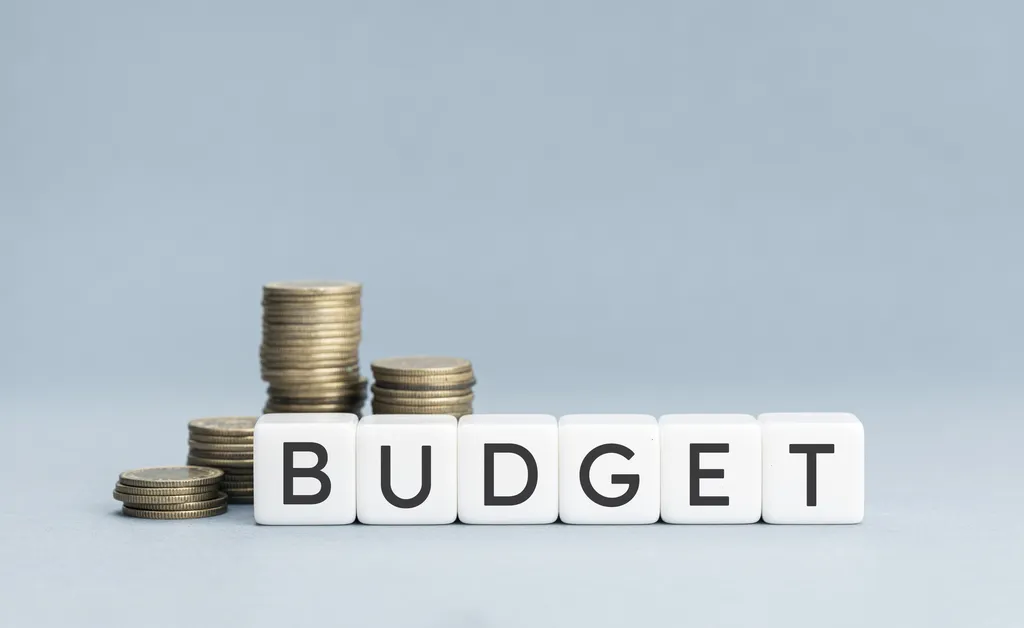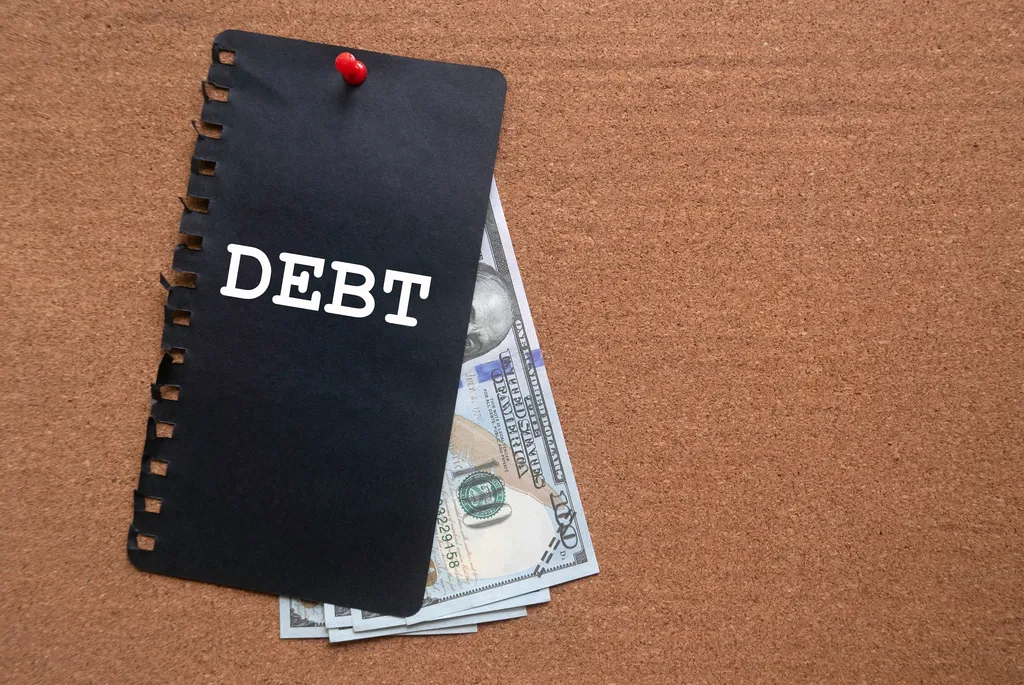Introduction
Money can be confusing so that you may want a guide. Financial literacy helps you make wise money decisions. Besides budgeting and bank accounts, you can comprehend taxes and investments. These ideas are crucial for young people to grasp now so that they can live happy and healthy lives later. See below what “financial literacy” is and why it’s important.
Definition of financial literacy
People have financial literacy when they can understand and manage their finances to make informed decisions. Financial literacy includes budgeting, saving, investing, debt management, and other money management skills. It also means knowing how to use money to one’s advantage.
Importance Of Financial Literacy
The significance of having a solid understanding of personal finance cannot be emphasized, and the following are some of the primary reasons why:
Budgeting:
Financially literate individuals can efficiently construct and manage budgets, which allows them to ensure that their income covers their current needs while also allowing them to save money for their future aspirations.
Debt Management:
People can more effectively manage their debt and bring it down when they better understand interest rates and the influence of minimum payments.
Savings and Investments:
Financially literate individuals can better grasp the value of saving and investing money, resulting in increased wealth and financial security.
Retirement Planning:
Financially literate individuals can better plan for their retirement, increasing the likelihood that they will have adequate resources for their later years.
Economic Stability:
On a broader scale, a financially literate populace contributes to a country’s economic stability. Financially literate people have a lower risk of defaulting on their loans, leading to a more stable and resilient economy.
The basics of budgeting and good spending habits

It is essential to one’s financial literacy to have a fundamental understanding of budgeting as well as appropriate spending habits:
Track Your Income and Expenses:
To get started, you should start a record of all of your income and all of your outgoing expenses. Because of this, you will have a crystal clear image of where your money is going, enabling you to find areas where it is possible to minimize costs.
Create a Realistic Budget:
Create a budget that considers your usual spending and income, and ensure it reflects your financial objectives. Be sure to include sections for things like necessary expenses, savings, and a fund for dealing with unforeseen costs in your budget.
Stick to Your Budget:
Your determination to stick to the budget will determine how useful it is to you. Regularly reviewing and adjusting your budget to reflect any changes in your income or expenses should be a part of your routine.
Avoid Impulse Buying:
Buying things on a whim might have a huge effect on your finances. Before making any unforeseen purchases, you should always consider it seriously.
Save Regularly:
Over time, even relatively insignificant contributions can add up. To develop a financial buffer and prepare for future financial goals, you should make saving money a consistent component of your budget.
Limit the Use of Credit Cards:
Credit cards offer several benefits, but if they need to be used correctly, they can also result in costly debt with high interest rates. Reduce how often you use them and prioritize paying off the full monthly sum to prevent yourself from accumulating debt.
Invest in Your Future:
To ensure that your wealth continues to increase throughout your working life, consider placing a percentage of your earnings in retirement accounts or other investment vehicles.
Developing a plan for investing your money

Understand Your Investment Goals:
You have a clear vision of the outcomes you want to achieve with your investments. Your investment approach should be guided by clearly defined goals, whether those goals are retirement savings, a down payment on a house, or paying for your child’s education.
Determine Your Risk Tolerance:
Every investment entails some measure of the potential loss. You must have a solid understanding of your risk tolerance, often known as the level of financial risk you are willing to assume. Because of this, the kinds of investments you make will be affected.
Diversify Your Portfolio:
Putting all your eggs in one basket is not a good idea. Diversifying your holdings across various asset classes will help lower your overall risk and boost your profits. This often entails investing in various financial instruments, including stocks, bonds, and other investment vehicles.
Monitor Your Investments Regularly:
The value of your investments will, depending on the state of the market, either increase or decrease. Monitoring your investments enables you to make any necessary adjustments to your portfolio.
Seek Professional Advice:
If you are new to investing, consider consulting with a financial advisor. They can assist you with gaining an understanding of the fundamentals, formulating an investment strategy, and navigating the investment process.
Invest for the Long Term:
When it comes to effective investing, a longer-term perspective is often required, even though it can be tempting to go after short-term rewards. This can assist in weathering any short-term changes in the market and achieving sustainable growth.
Benefits of building an emergency fund
A financial safety net in the form of an emergency fund is designed to cover unforeseen bills or financial emergencies. It is impossible to emphasize the significance of this factor, as it ensures both financial security and mental tranquillity. The establishment of an emergency fund has several advantages, including the following:
Financial Security:
An emergency savings account provides financial security for unexpected expenses, such as an unforeseen medical bill or job loss. If you have an emergency fund, you won’t need to use savings or high-interest credit cards to pay for these charges.
Reduces Stress:
Knowing that you have money saved up for unexpected expenses helps minimize the stress caused by finances. You’ll be able to face the twists and turns of life with confidence when you know you’re well-prepared for them.
Allows You to Take Calculated Risks:
Suppose you have established a safety net for yourself. In that case, you may feel more at ease taking calculated chances, such as switching jobs or relocating to a new city, because you know you have the financial resources to assist you during the transition.
Prevents Unnecessary Debt:
If you do not have an emergency fund, you may be compelled to rely on credit cards or loans to cover unanticipated bills. This could result in incurring debt with a high interest rate. Having an emergency fund that is adequately established helps you avoid situations like this one.
Promotes Financial Discipline:
Building an emergency fund demands self-control and dedication, which may be applied to other aspects of your financial life, leading to improved money management in general.
Understanding credit cards, loans, and interest rates

Understanding Credit Cards:
Credit cards let you borrow up to a limit and pay it back in whole or monthly installments. You can pay off the balance at once or periodically. Monthly balances on credit cards are subject to the applicable interest rate. Certain credit cards provide reward and cash-back programs to encourage use.
Understanding Loans:
A loan is a debt you owe a bank or other financial institution with the promise to repay it over time and interest. Secured loans demand collateral, while unsecured loans do not. Personal, home, and vehicle loans are prominent credit categories. Understanding the loan’s interest rate, payment schedule, and fees is crucial.
Understanding Interest Rates:
The interest rate is a percentage of the loan amount and represents the cost of borrowing. Fixed loan rates won’t change, whereas variable rates rely on market performance. Loan repayment relies on interest rates. Higher interest rates raise borrower costs, whereas lower rates lower them. Compare interest rates from different companies to obtain the best loan or credit card deal.
Strategies for avoiding debt traps
Budget and Track Your Spending:
The first thing you should do to keep from getting into debt is to record your earnings and how you spend your money carefully. Record your expenditures, sort them into appropriate categories, and evaluate them in light of your income. If you are spending more money than you are bringing in, you need to make the necessary adjustments to your budget.
Live Within Your Means:
Stay away from the trap of spending more money than you bring in. This can entail cutting back on expenses that aren’t necessary, such as going out to eat or looking for new ways to raise your income. If you live within your means, you won’t have to take on additional debt to fund the lifestyle you want to lead.
Prioritize Paying Off Existing Debts:
If you currently have outstanding debts, you should pay them off immediately. Pay attention to the loans with the highest interest rates first, as these will cost you the most overall. If you want to free up more money for other financial goals, paying off your debts as rapidly as possible is the best way.
Save for Unexpected Expenses:
It is essential to have a financial safety net to fall back on in the event of unforeseen costs. Aim to have an emergency fund that can cover at least three to six months’ worth of expenses for living. Because of this, you won’t have to worry about taking on additional debt to pay for unforeseen expenses.
Be Wary of “Buy Now, Pay Later” Offers:
These deals could appear appealing initially, but if they need to be properly managed, they could put you in a financial bind. Before deciding to pay for something in installments, you should always ask yourself if you can afford to buy it all at once.
Seek Professional Financial Advice:
Feel free to seek assistance if you have trouble managing your financial obligations. You can improve your financial status and better manage your debt with the advice and solutions that professional financial advisors can provide to their clients.
How to build healthy savings habits for the future
Set Clear Financial Goals:
Motivating yourself to keep to your savings plan can be helped by knowing what you are saving for. This could be anything from a trip to a new automobile, a down payment on a house, or even your retirement savings.
Automate Your Savings:
You can simplify saving money by setting up a monthly direct deposit from a portion of your paycheck into a savings account. This is one of the easiest ways to save money. This guarantees that you will automatically put money aside without considering it.
Follow the 50/30/20 Rule:
According to this rule, you should save 20% of your salary, spend 50% of your money on necessary things, and spend 30% on things you want. Your expenditures and savings can be brought into better balance with the help of this framework.
Save Your Raises and Bonuses:
Consider putting some or all of any raises, bonuses, or other financial increases you get into savings. Your regular spending won’t be affected, but your savings will increase dramatically.
Practice Frugality:
Your savings can grow more quickly if you keep a close eye on your spending and actively seek opportunities to save costs elsewhere. This could involve doing things like going out to eat less, canceling subscriptions that aren’t being used, or shopping at second-hand stores.
Invest Your Savings:
Finally, give some thought to investing some of your savings. Because of the power of compound interest, this could help your savings expand over time. Research or talk to a financial counselor to better understand the different investing opportunities available.
Conclusion
To get your finances in order, you should keep your money safe and avoid getting into too much debt. You can escape debt by learning about credit cards, loans, interest rates, and good money management skills. Making good saving habits can also help you reach your long-term money goals. Remember to get help from a professional and be responsible with your money. With the right attitude and information, you can be financially stable and worry-free about the future.
That’s why it’s important to learn how to handle our money well and keep working to improve our spending habits. We can ensure our families and ourselves have a safe financial future by using these tips and being aware of how much we spend and save. Always remember that good spending habits take time and work but are worth it in the long run. For a better tomorrow, let’s start making good changes today.








